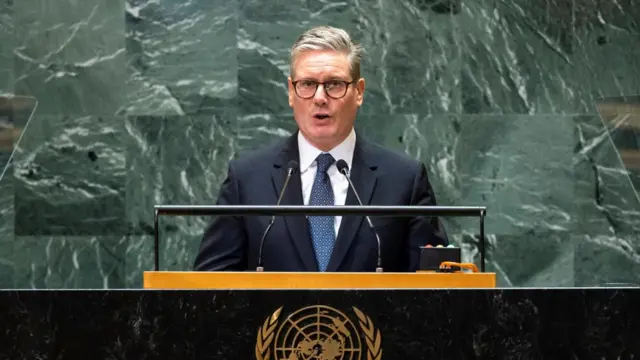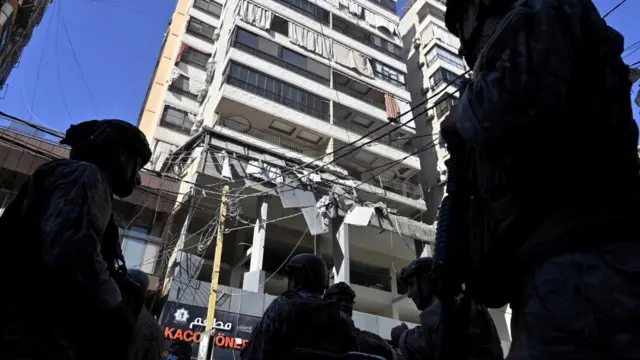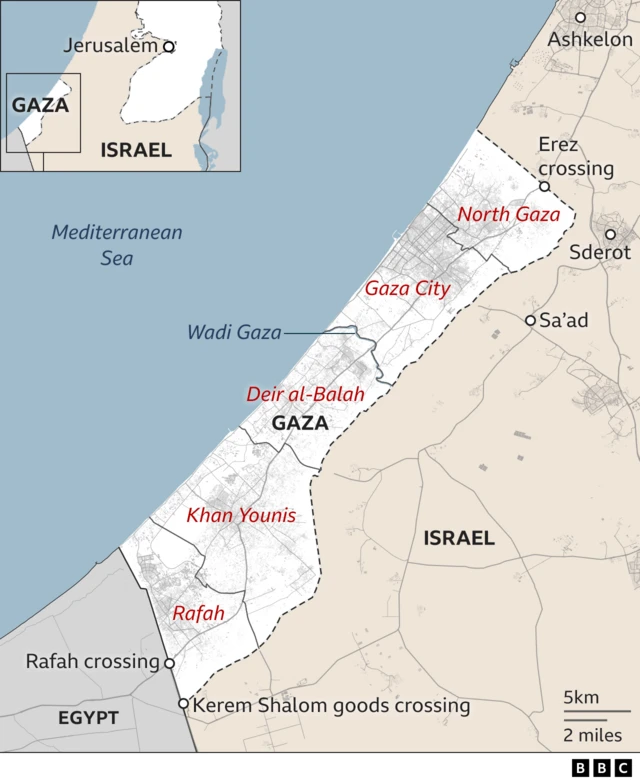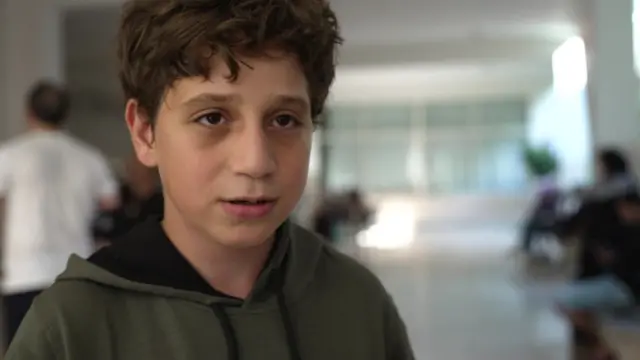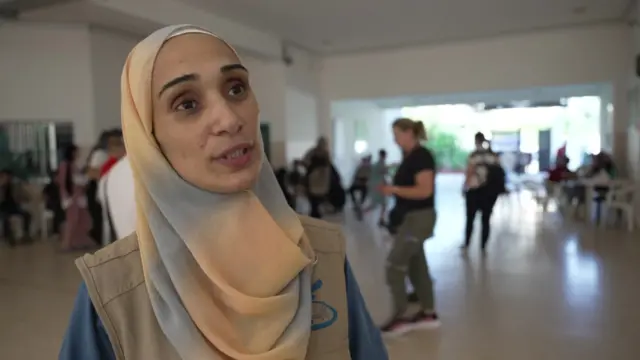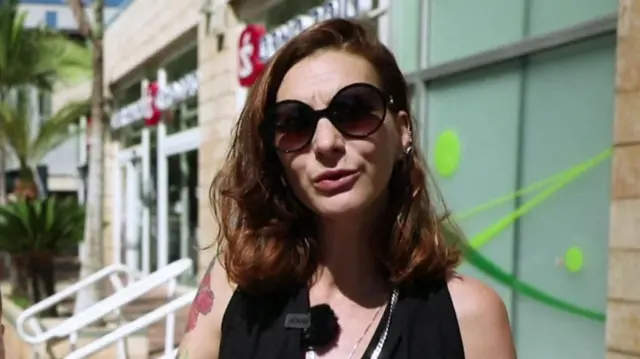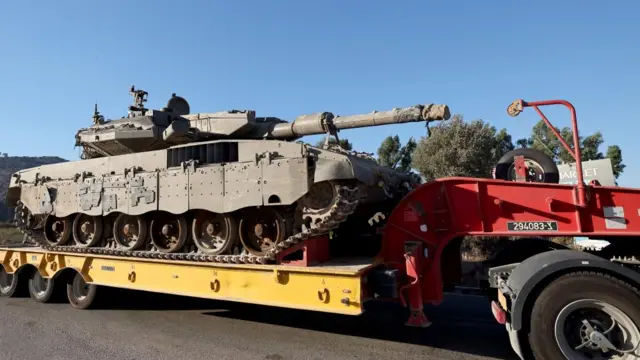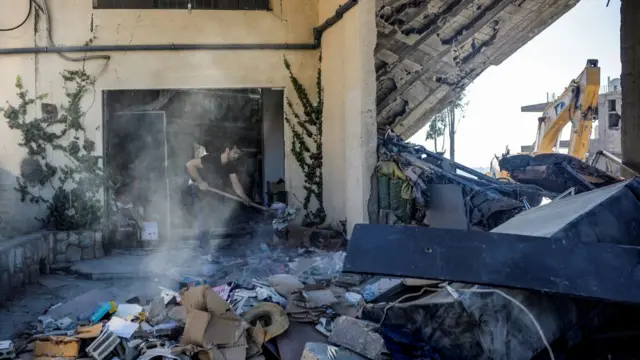Israel says discussions on ceasefire initiative will continuepublished at 06:54 BST 27 September 2024
Early this morning, the Israeli Prime Minister's office released a statement seeking to "clarify a few points" around what it called "a lot of misreporting around the US-led ceasefire initiative".
The statement outlines that Israel "shares the aims of the US-led initiative of enabling people along our northern border to return safely and securely to their homes".
It adds that teams met on Thursday, and says discussions will be continued in the coming days.
The statement follows allies including the US, UK and the EU calling for a temporary ceasefire in Lebanon - proposing an immediate 21 day pause in fighting "to provide space for diplomacy towards the conclusion of a diplomatic settlement" and a ceasefire in Gaza.
By Thursday, the proposal had been roundly rejected by Israeli politicians including foreign minister Israel Katz who said "there will be no ceasefire in the north".
The White House later said the ceasefire proposal had been "coordinated" with Israel, despite Netanyahu's assertion, just hours later, that his country would continue fighting.

